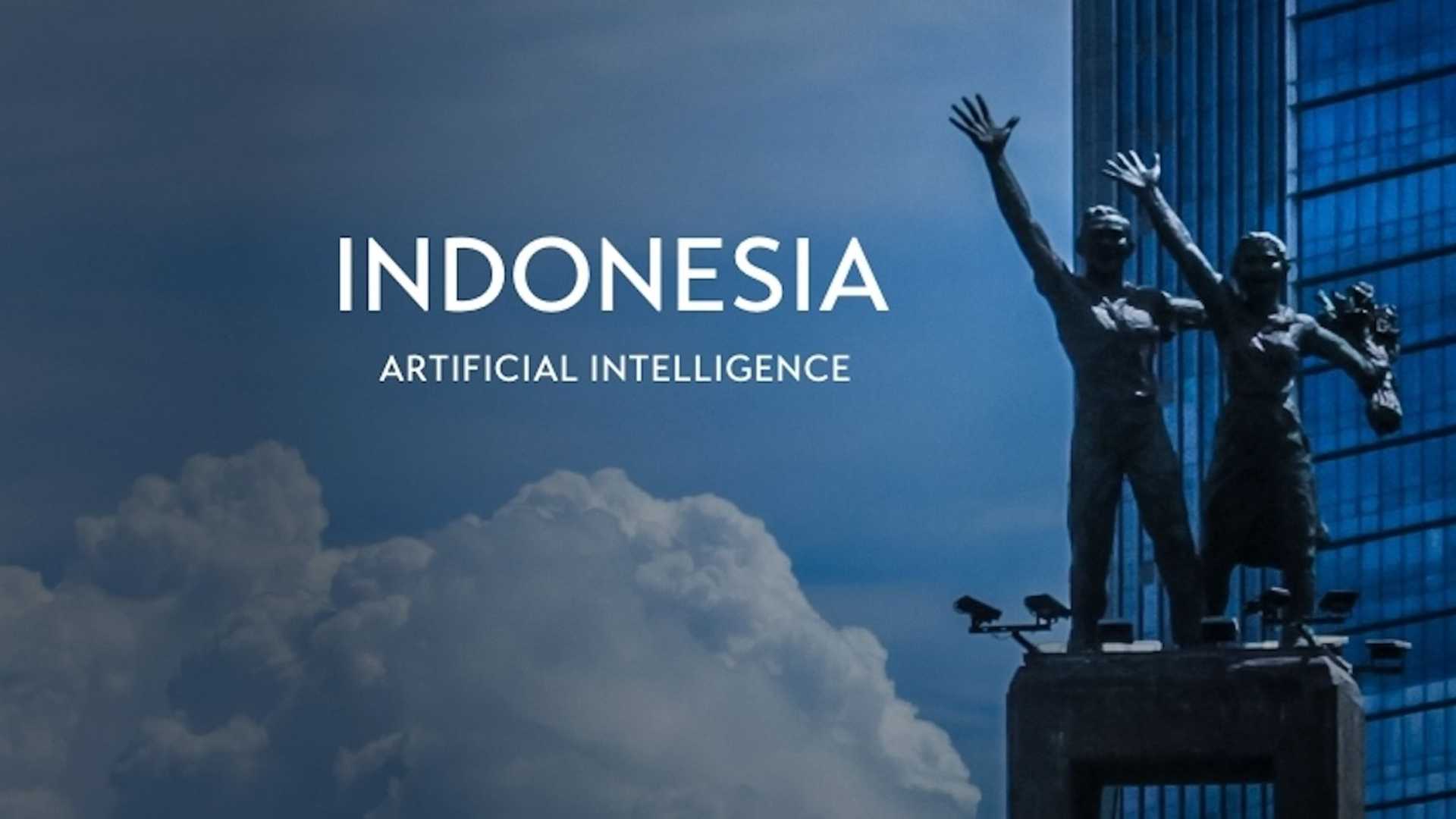Indonesia at forefront of Asia's AI hopes and fears - Asia Times
The recent Global Public Opinion on Artificial Intelligence survey (GPO-AI) revealed that 66% of Indonesians are concerned about the misuse of artificial intelligence (AI) compared to a global average of 49%. Indonesia has a democratic society, a vibrant tech entrepreneur system and widespread social media usage – all of which create vulnerabilities when using AI. However, Indonesia has the regulatory tools to mitigate risks, while taking advantage of opportunities, if policymakers, industry, and civil society work together creatively to address the public’s concerns.
Regulatory Initiatives
Specifically, policymakers have been keen to address AI. Last year, the Ministry of Communications and Information (Kominfo) published Circular no. 9 in 2023 on the ethical use of AI, and legislation may be on the way following the launch of an AI readiness assessment with UNESCO. Indonesia also joined other ASEAN member states this year in supporting an ASEAN Guide on AI Governance.
Privacy and Intellectual Property
Indonesia should leverage all the regulatory tools at its disposal to address AI now – and make these respective tools more robust – rather than wait until a stand-alone law is debated, passed and resourced. Indonesia recently passed the Personal Data Privacy Law (PDP Law) in 2022. While the rules and institutions around protecting privacy are new in Indonesia, opportunities to make these institutions more robust to address emerging AI-related issues can be seized by identifying global best practices and implementing them early.

Indonesia’s intellectual property (IP) rules also present an opportunity to help address the public’s concerns about the misuse of AI. Guidance should be given to Indonesia’s growing cohort of AI companies about the potential for copyright infringement when using copyrighted data to train AI.
Challenges and Recommendations
Having robust anticounterfeiting and piracy laws will also help address the public’s concerns about AI. Taking down potentially copyright-infringing works made with AI, or addressing AI-fueled promotion of fake goods online will be useful in building the public’s trust in AI.
One area of IP that should be addressed in Indonesia, and indeed globally, is the right of publicity, or personality rights – which protect a person’s name, image and voice from commercial misuse.
Deepfakes and Democracy
Deepfakes present a particular challenge to issues of trust and safety that underpin many rule-of-law and democracy issues. Indonesia was on the forefront of the use of generative AI in elections earlier this year. Indonesia’s experience should be studied and recommendations and best practices circulated widely, not only for the benefit of the country but also for other democracies.
Disclaimer: Seth Hays is an attorney and managing director of APAC GATES, a Taipei-based rights consultancy. He also leads the Digital Governance Asia Center of Excellence – a non-profit organization dedicated to sharing policy best practices across Asia.




















